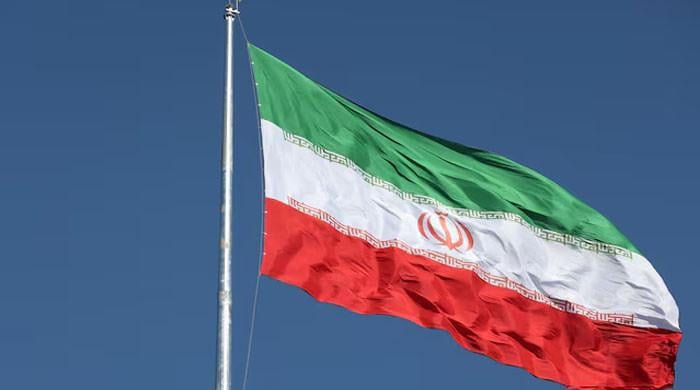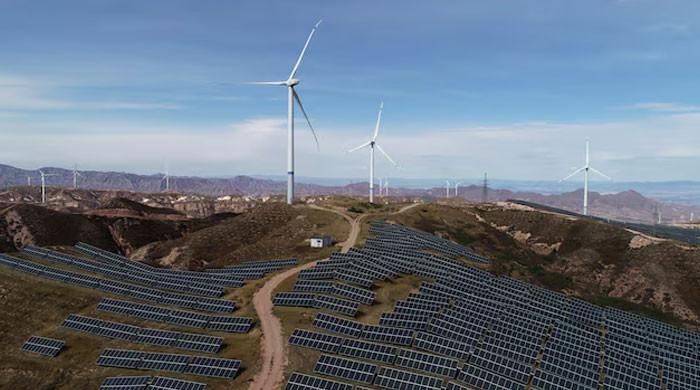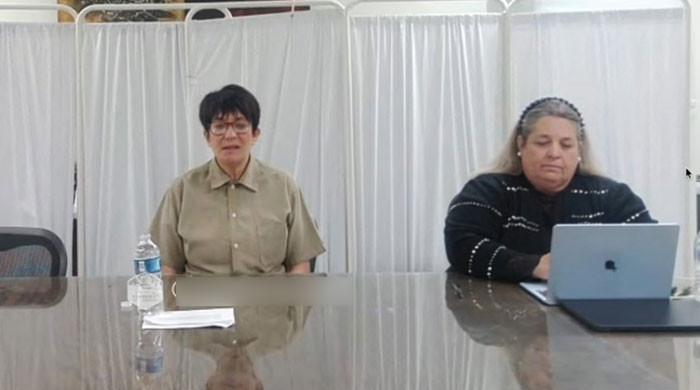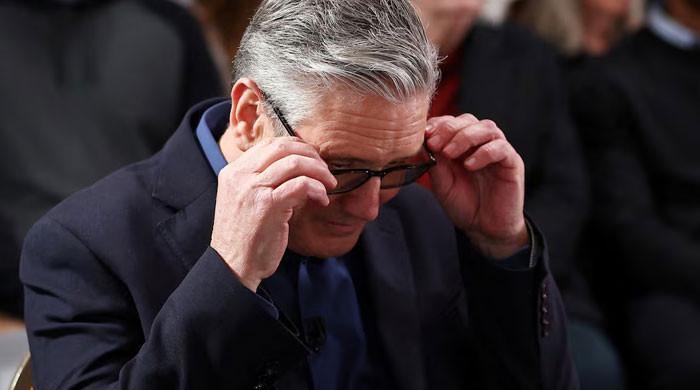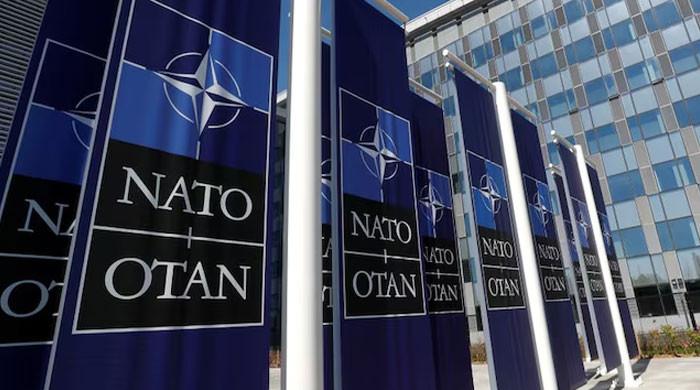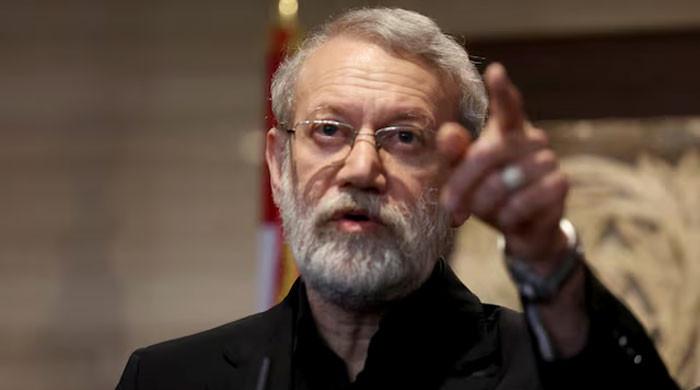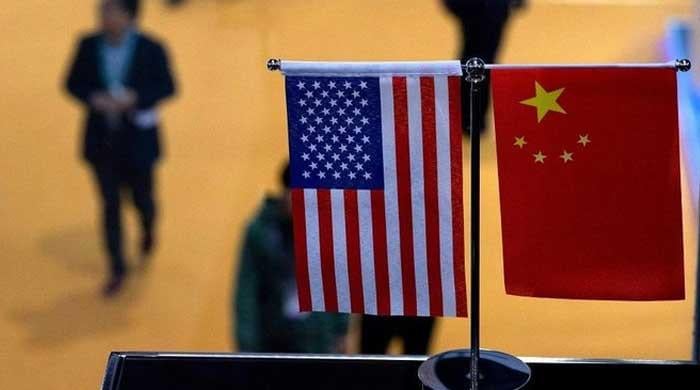Donald Trump fan Javier Milei wins Argentina's primary presidential election
With around 90% of ballots counted, Javier Milei achieved 30.5% of the vote, far higher than predicted
August 14, 2023

Javier Milei, a Libertarian outsider, emerged as the biggest vote winner in the primary elections to choose presidential candidates for October's general elections, shocking Argentina's political establishment.
Milei, a presidential candidate of the Liberty Advances coalition and supporter of former US President Donald Trump, says Argentina’s central bank should be abolished, thinks climate change is a lie, characterises sex education as a ploy to destroy the family, believes the sale of human organs should be legal, and wants to make it easier to own handguns.
With some 90% of ballots counted, far-right libertarian economist Milei had 30.5% of the vote, higher than predicted, with the main conservative opposition bloc behind at 28% and the ruling Peronist coalition in third place at 27%.
The result is a stinging rebuke to the center-left Peronist coalition and the main Together for Change conservative opposition bloc with inflation at 116% and a cost-of-living crisis leaving four in 10 people in poverty.
"We are the true opposition," Milei said in a bullish speech after the results. "A different Argentina is impossible with the same old things that have always failed."
Voting in the primaries is obligatory for most adults and each person gets one vote, making it in effect a dress rehearsal for the Oct. 22 general election and giving a clear indication of who is the favorite to win the presidency.
The October election will be key for policy affecting Argentina's huge farm sector, one of the world's top exporters of soy, corn, and beef, the peso currency and bonds, and ongoing talks over a $44 billion debt deal with the International Monetary Fund.
The economic crisis has left many Argentines disillusioned with the main political parties and opened the door for Milei, who struck a chord, especially with the young.
"Inflation is killing us and job uncertainty doesn't let you plan your life," said Adriana Alonso, a 42-year-old housewife.
As polls closed in the early evening after voting system glitches caused long lines in the capital Buenos Aires, all the talk in campaign hubs was about Milei, a brash outsider who has pledged to shutter the central bank and dollarize the economy.
"Milei's growth is a surprise. This speaks of people's anger with politics," said former conservative President Mauricio Macri as he arrived at Together for Change's election bunker.
In the most important leadership race, within the Together for Change coalition, hard-line conservative Patricia Bullrich, a former security minister, beat out moderate Buenos Aires Mayor Horacio Larreta, who pledged to get behind her campaign.
Economy Minister Sergio Massa won the nomination for the ruling Peronist coalition, as expected, and could perform more strongly in October if he can win over more moderate voters.
The unpredictable factor had been Milei, whose loud rock-style rallies are reminiscent of ex-U.S. President Donald Trump, but he far outperformed all forecasts. Most polls had given him just shy of one-fifth of the likely vote, though were also badly wrong four years ago in the 2019 primaries.
Turnout was under 70%, the lowest for a primary election since they started to be held in Argentina over a decade ago.
Whoever wins in October, or more likely in a November runoff, will have big decisions to make on rebuilding depleted foreign reserves, boosting grains exports, reining in inflation, and on how to unwind a thicket of currency controls.
— Additional input from Reuters




